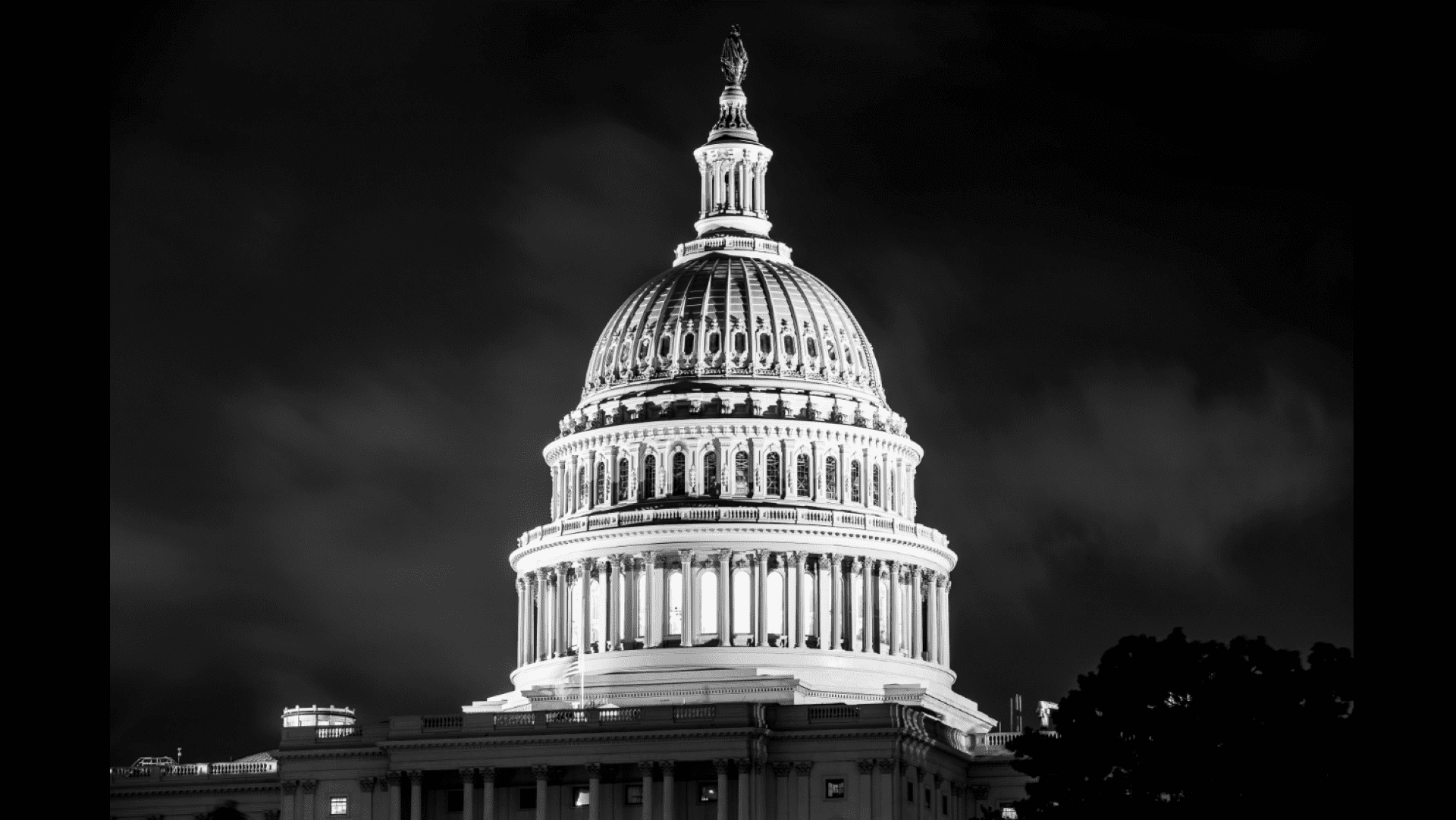Although some level of controversy could have been foreseen, given the incredibly divisive nature of the 2020 elections, the extraordinary scenes of turmoil in Washington D.C. on January 6, 2021 are still difficult to process.
What we saw would previously have been unthinkable: the U.S. Capitol stormed by an angry mob of die-hard Trump supporters who sought to derail the certification of the election results by Congress. Sadly, several people have died as a result of the violence.
Turmoil in the Capitol
After crowds gathered for a “Save America” rally on The Ellipse, President Donald Trump, alongside Rudy Giuliani, reiterated his unfounded claims about the 2020 election being “rigged,” or “stolen.”
The President stated his determination to “stop the steal” and used incendiary, almost apocalyptic rhetoric, telling his supporters, “If you don’t fight like hell, you’re not going to have a country anymore.” urging them to march to the Capitol.
In the opening speech at the rally, Congressman Mo Brooks had asserted that, “Today is the day American patriots start taking down names and kicking ass.”
Later, during the joint session of Congress where the Electoral College vote was being certified, the U.S. Capitol was violently overrun for the first time in over 200 years. Rioters forced an entry by demolishing barricades and breaking windows, before running loose inside the building for several hours, occupying spaces including offices, the rotunda, and the Senate chamber.
A number of those who stormed the Capitol were QAnon conspiracy theorists or members of the neo-fascist group Proud Boys. Footage showed that some rioters were carrying Confederate flags and Nazi emblems.
As the Capitol was being vandalized, lawmakers had to be evacuated to a safe location before the certification process could resume late in the evening.
Trouble within the Republican Party
In the days leading up to January 6, President Trump had called on Vice President Mike Pence to unilaterally reject the Electoral College votes for Joe Biden, a power which Pence had to remind the President he did not have. The Vice President’s move angered many of the President’s ardent supporters, with some labelling him a “traitor.”
However, this is far from being the only source of conflict within the Republican Party, as senior figures became increasingly divided over whether to accept Joe Biden’s victory and try to rebuild with a view to 2024, or continue exploring every possible avenue in a bid to overturn the election results.
Numerous Republican lawmakers had stated they intended to contest the results of certain states and delay the certification process. Yet, after the turmoil in the Capitol, many of them subsequently changed their minds, condemning the violence.
President Trump has since officially conceded and condemned the violence. Nonetheless, senior political figures, including within the Republican Party, have called for impeachment over his rhetoric in the lead-up to the storming of the Capitol. Many have even called for the 25th Amendment to be invoked, which would effectively remove him from office.
A transfer of power like no other
The ugly scenes in the U.S. Capitol represented a culmination of the tensions surrounding an extremely fraught election. Despite President Trump having finally conceded and committed to a “seamless transition,” this transfer of power will already go down as the least peaceful transition between administrations in American history, and a sad reflection of a deeply polarized society where people seem increasingly as though they live in alternate realities.
Such a fraught transition between two administrations has embarrassed many Americans across party lines. Former President George W. Bush, stated, “This is how election results are disputed in a banana republic – not our democratic republic.”
Furthermore, Senator Mitt Romney (R-UT), a regular critic of the President from within the GOP, referred to the events on Capitol Hill as a “shameful episode in American history.”
International reactions have not been kind to all those implicated in the riots. Millions around the world watched the events in Washington D.C. with shock and dismay as the turmoil of January 6 is not something anyone would expect to happen in the United States.
Countries that are accustomed to having the U.S. government comment on their elections, calling for democracy and peaceful transfers of power, have relished the opportunity to respond in kind. Meanwhile, these recent events will galvanize the ruling class in autocratic regimes such as China, who will be delighted to see such turmoil in a comparatively free society.
Historic win for Democrats in Georgia
On January 5, voters in the traditionally red state elected Democrats Jon Ossoff and Raphael Warnock to the United States Senate. Considering all that has happened since, it is understandable that the aftermath of Georgia’s runoff elections may no longer occupy center stage.
However, these two victories in Georgia mean that the Democratic Party now has control of both the Senate and the House, albeit by an extremely narrow margin. This is significant for several reasons.
Firstly, it will afford Joe Biden greater opportunities to pass bills without a need to secure any level of Republican support. Furthermore, the Democratic Party has ended a long period of Republican dominance in the state, compounding Donald Trump’s loss in the presidential election.
Trump’s leaked Georgia phone call
Just days prior to the Senate runoffs, the State of Georgia was at the center of a controversy involving a leaked phone call between President Trump and Georgia Secretary of State Brad Raffensperger.
In a last-ditch attempt to overturn the presidential election result in the state, Donald Trump can be heard telling Raffensperger that he wanted to “find 11,780 votes,” the exact amount needed to overtake Joe Biden’s tally and carry the state.
The President repeated his unsubstantiated claims that he won the state of Georgia by “hundreds of thousands of votes,” and that, “there’s nothing wrong with saying […] you’ve recalculated.”
Much to the President’s annoyance, Raffensperger, a Republican, would not oblige, instead stating that he believed Biden’s winning margin of close to 12,000 votes to be accurate. The timing of the leaked call may well have played a role in galvanizing Democratic turnout.
Returning to civil political discourse
Given the sheer scale of the polarization, evidenced by recent events, it will not be easy for American society to return to more civil and constructive political discourse.
However, many individuals could well start to become disillusioned with the dysfunctional ultra-partisanship that has brought American politics to this point. Herein lies an opportunity to emphasize the merits of a free society and promote the ideas of liberty which informed America’s Founders.
To read Students For Liberty’s statement on the violence at the U.S. Capitol, click on the button below.
This piece solely expresses the opinion of the author and not necessarily the organization as a whole. Students For Liberty is committed to facilitating a broad dialogue for liberty, representing a variety of opinions.









